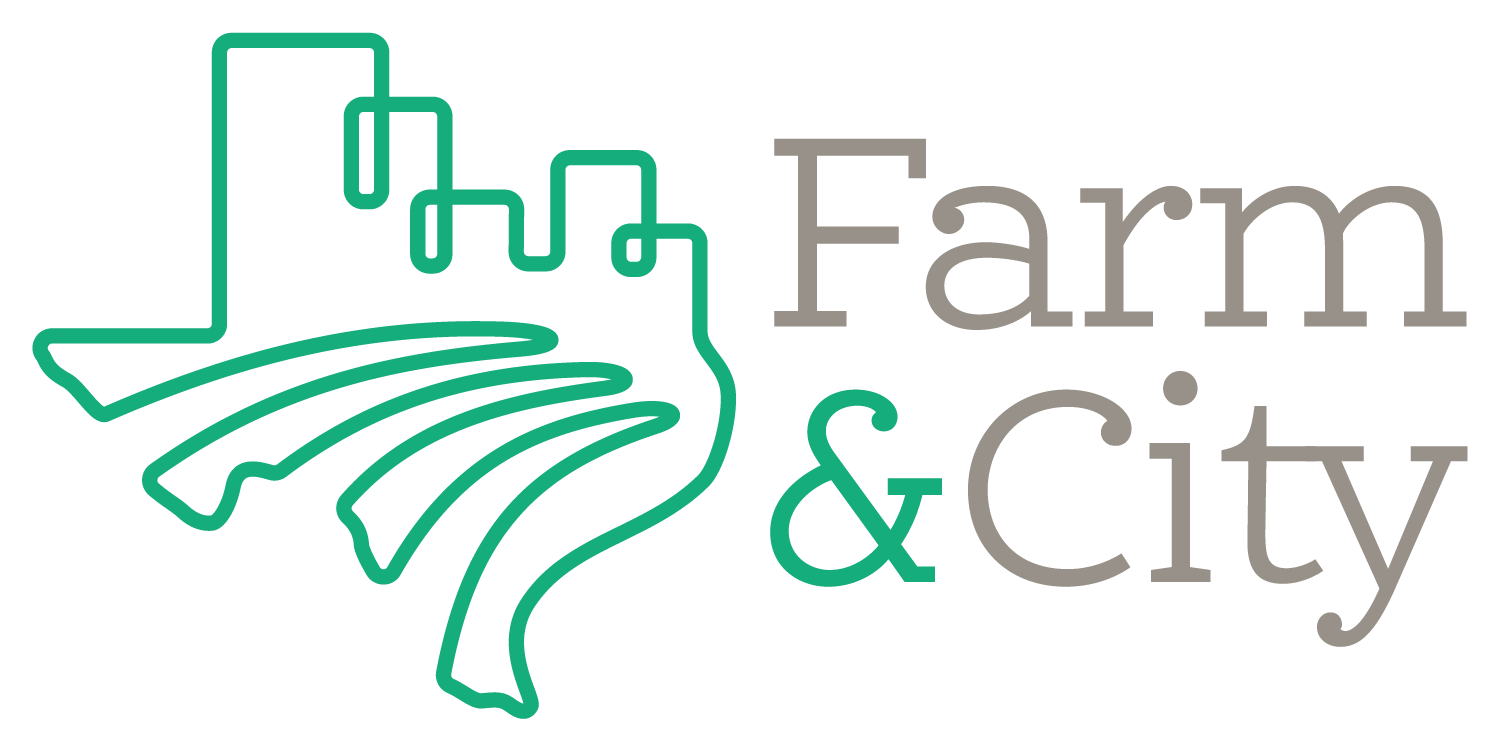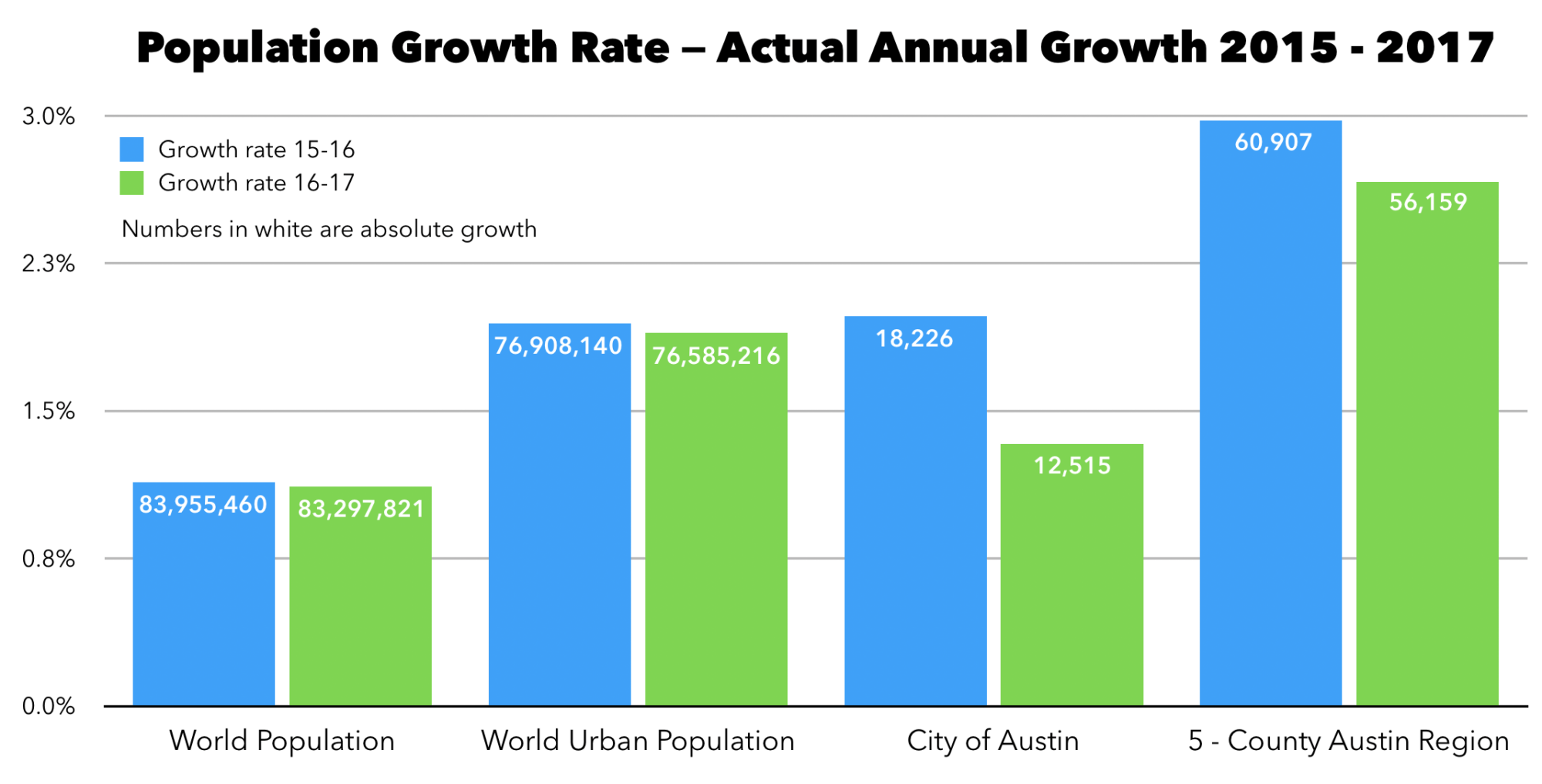Across Texas, people are talking about the rapid growth of our cities, suburbs, and metro regions – in neighborhood meetings, council debates, TXDOT presentations, and at chamber events. In Austin, where I live, there is a general perception that we’re adding more Californians than any human civilization has ever added people, while Houston region actually adds about three times as many people as Austin does every day.
Much of our work at Farm&City relates to growth issues and finding sustainable regional growth policies that will equitably benefits to all. Texas is in the midst of a traffic death epidemic. Can we grow in ways that reduces our vehicle miles traveled (VMT) and frees us all from the high rate of traffic crashes? Displacement, un-affordability, and a seeming lack of the housing lifestyle options people are looking for permeates Texas cities. Can adding people to our city actually mean that the people already here have better options, better access?
This podcast episode simply explores the rates and amounts of growth of the human population starting at the worldwide focus and narrowing down to the City of Austin. This isn’t intended to give any great answers to the big public debates we are having about growth, but just to start the conversation with some context and some interesting data and information.
I am the Executive Director of a startup nonprofit, Farm&City, and this episode is the launch of the Farm&City podcast. My name is Jay Blazek Crossley and I hope to publish one short episode – about ten minutes – every weekday. My four year old son, George, joined me for this first episode. I hope to have many guests on this podcast, including George, but some will just be me diving into an issue. Each podcast will explore one concept, with some being broad background concepts like this one and others focusing on a current public process, like what is happening with CapMetro’s Project Connect high capacity transit plan in Austin.
I grew up in Houston, went to college and grad school in Austin for a decade, moved back to Houston and worked for Houston Tomorrow for a decade, and then moved back to Austin two years ago to launch this nonprofit and try to change the public policy arena in Texas to get better results for every Texan.

